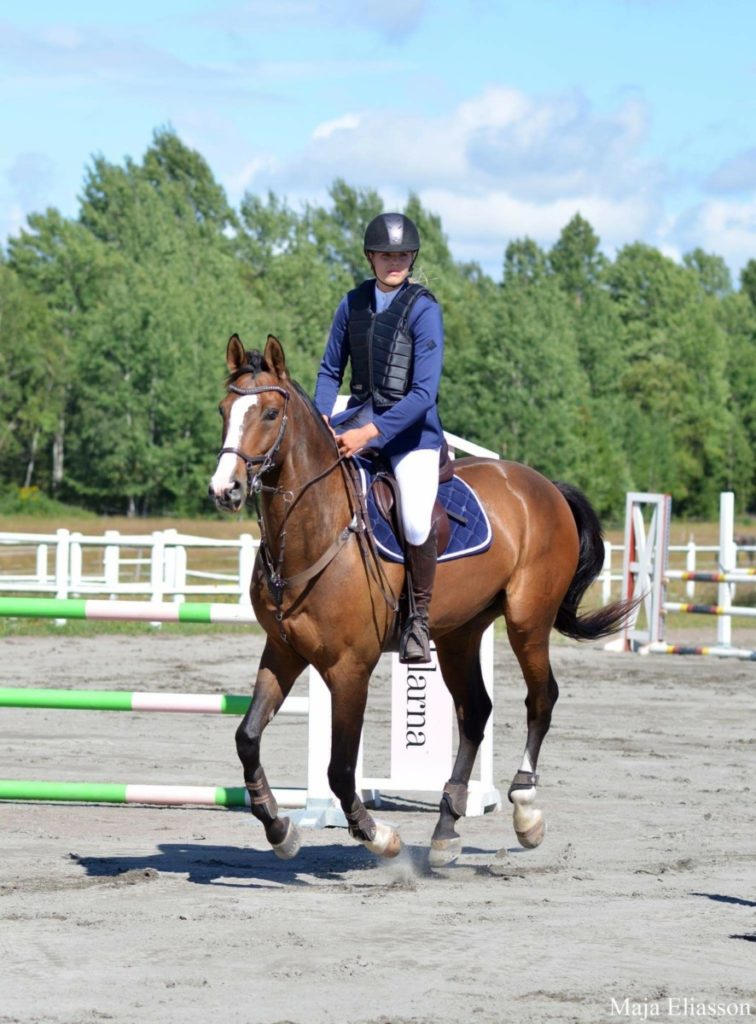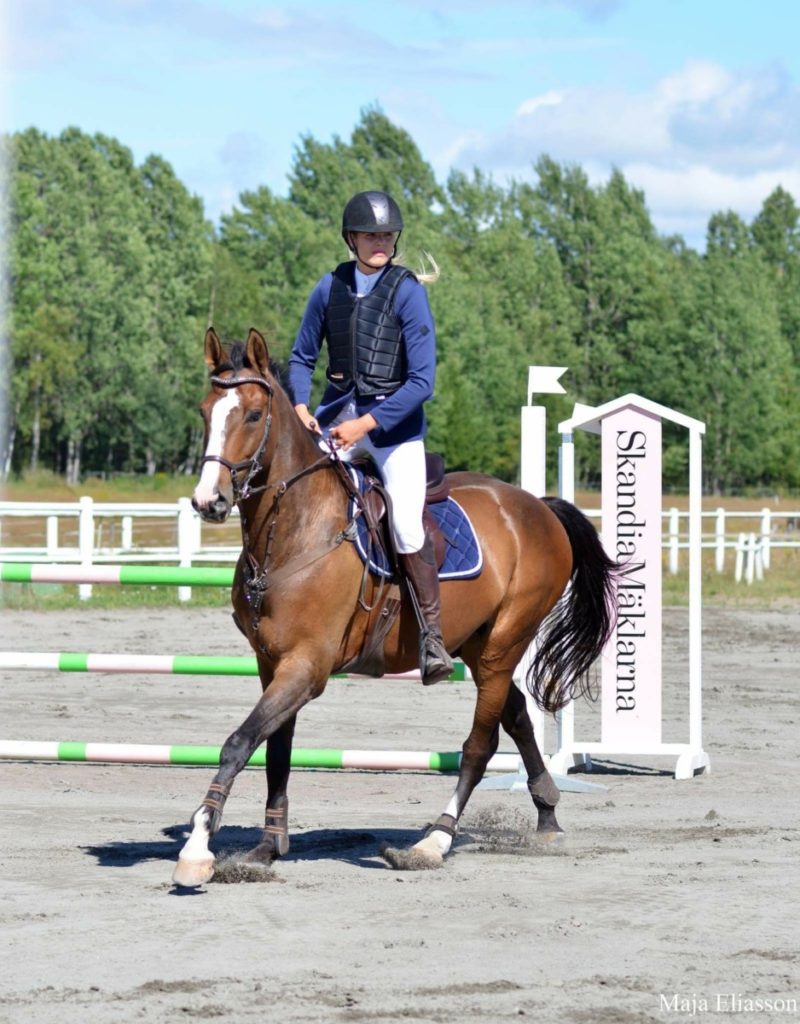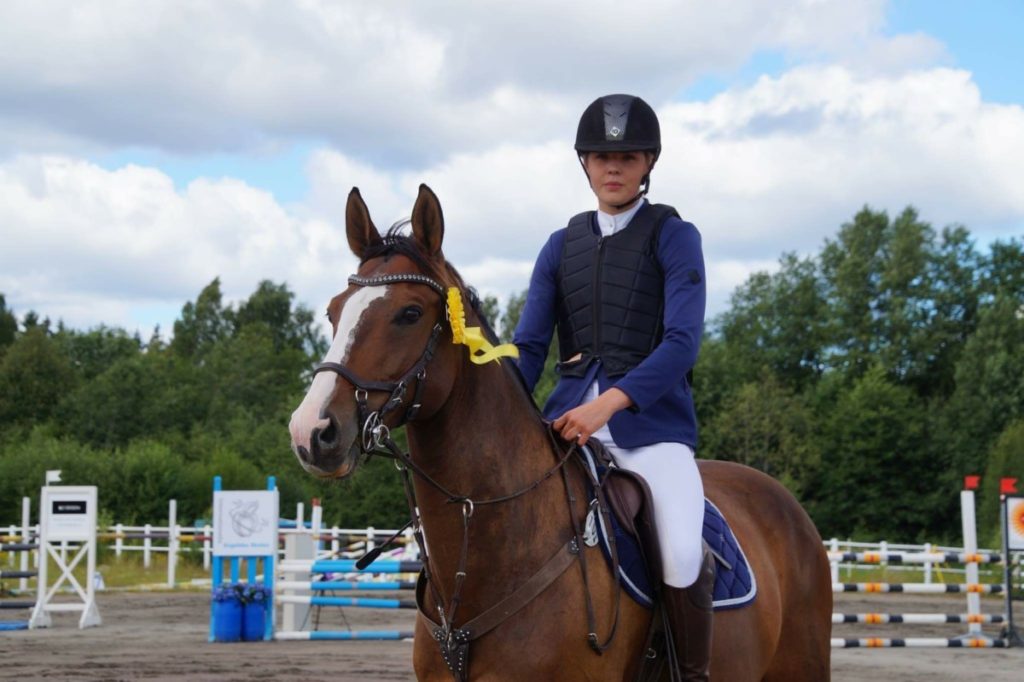You’ve most likely been to the race track and seen horses race before. It can be an exciting and exhilarating experience, especially if you’ve put money on the line. Not the mention the racing horses are a spectacle to see.
They are elegant and fast, plus their jockeys are skilled in helping them race the best that they can. You’ve probably wondered if the actual horses have any concept of the race and if they feel as excited or exhilarated as you do.
Horses do have a concept of racing when playing with one another as yearlings. They like to race one another, one often becoming more competitive than the other.
This competitive nature can translate to the racing world, and the racing horse will not want any other horses to pass it—many horses are born with this trait and raised as a racehorse to compete against others just like them.

Horses may not view races precisely as we do; however, they do have some concept. If people bet money on them, they most likely don’t have the idea of the stakes at hand. They may view racing as a fun activity while their jockey and owner are anxiously awaiting the results. Other horses with a strong competitive streak may see it as a serious business and not want to allow other horses to pass it as a way to exude dominance over them.
What Do Horses Think Of Racing?
Some Horses Find Racing To Be Competitive
Wild horses have a hierarchy of dominance in a herd. Domesticated horses also have this instinctual behavior when around other horses. This desire to dominate is a survival tactic that allows the dominant horse to do various activities before the others.
They also can lead the herd. Horses may feel this need to dominate the other racing horses by finishing before them in a race.
Other Horses May Find Racing Fun
The horses that don’t feel as strong of a competitive edge to run faster than other horses may simply race because they find it fun. Horses tend to race one another as yearlings as a form of play.
Horses may view running with each other on a track in this way, too. While these horses may not be the best racehorses since their competitive streak isn’t as strong, they could still be formidable opponents if they have raw racing talent and speed.
Horses Feel Like Part Of A Herd
Many racehorses that end up in the middle of the group during a race take on the herd dynamic. Which means that they will run because the group is doing it.
Often if a horse remains in the middle too long, it is hard to break away to the front because of their dynamic with the herd. They see themselves as part of the pack and the horse out front as the leader. There are exceptions to this, but this can happen during a race.
Do Horses Know If They Won Or Lost A Race?

Horses Don’t Quite Understand The Stakes
Racehorses have no concept of trophies, ribbons, or money. So, they don’t view a win or loss in quite the same way as we do. Horses don’t race with the same motivation as we do or push for the win for the same reasons, either. They run on their motivations, often to lead the herd or have some competitive fun with other horses.
Horses Can Read Body Language
While the horses may not be motivated by monetary gains or notoriety, they are aware of the people’s reactions. Horses are very perceptive and can read body language to tell if the people around them are happy or sad. They desire happy responses rather than sad ones, which could motivate them to win simply to get those preferred reactions.
This desire, paired with a competitive nature, can create a formidable racehorse.
Horses Give Off Hormones Depending On “Winning” Or “Losing”
Horses show rising and falling hormones depending on different winning and losing scenarios in nature. While racing on a track is far from what is natural to a horse, it could be applied.
Horses that challenge other males to access female horses show rising and falling hormones depending on whether they thwarted the other horse or not. If a horse’s hormone level was as tested after a race, this could prove whether racing affects the horse in this way.
Do Some Horses Like Racing More Than Others?
Some Horses May Favor Racing Over Others
Horses have personalities as we do. Similarly, they also have different interests and motivations. Some horses enjoy racing and running with others. Other horses get spooked by the track or being so close to other horses. While these behaviors can be changed frequently, these horses can find a use for other things, such as a pet or service horse rather than a racehorse.
Horses Can Feel A Sense Of Pride In Racing
While the feeling may be shortlived, horses can show off the body language of pride after a win. It showcases as prancing around and shaking their head excitedly while neighing or cuddling their human.
This prideful stance can often disappear moments after a race once they get back to their barn. Their feeding is the next thing on their mind, and it’s hard to say whether they go back to thinking about racing again until they end up back on the track.

You Can’t Always Take The Wild Out Of The Horse
Some horses, especially those recently domesticated, may not adhere to racing rules and behaviors. It is not a con on their part, merely a preference from the horse.
The horse may not like wearing the saddle or being led by a jockey. While diligent work with the horse may change its behaviors, it isn’t always a sure thing. Unless the horse is going to be a beast on the track, it’s probably better to find another horse to train.
How Can You Prepare A Horse To Race?
Your Horse Should Be Regularly Trained. Racehorses are just like human athletes. They need to be conditioned and trained throughout the year to keep in tip-top shape. This method will also help keep the horse in the racing mindset, which will translate well once it gets onto the track. You need to make sure that the horse is training carefully, though. Too much strain or running can lead to injury or stress before or even during the big race.
Make Sure Your Horse Is Following A Healthy Diet
While it is easy to spoil your horse during the off-season, make sure that you are also giving it proper nutrition. You can provide it with nutritional supplements to help keep its body healthy.
You should also get your horse checked regularly by a vet to ensure any illness or injuries don’t sneak up before a race. Inform your groomers to keep their coat and horseshoes in pristine condition year-round as well.
Provide Safe And Comfortable Transportation
Comfortable transportation can help decrease stress for you and your racehorse. Any increase in stress levels can negatively impact your horse’s performance on race day.
It may seem like a small thing to consider. However, you should think about how you are traveling to the track, and if your horse is getting similar luxuries. Some race tracks may also be hours away, so the last you want is your horse getting cramped and overheated in a poorly ventilated transport.
